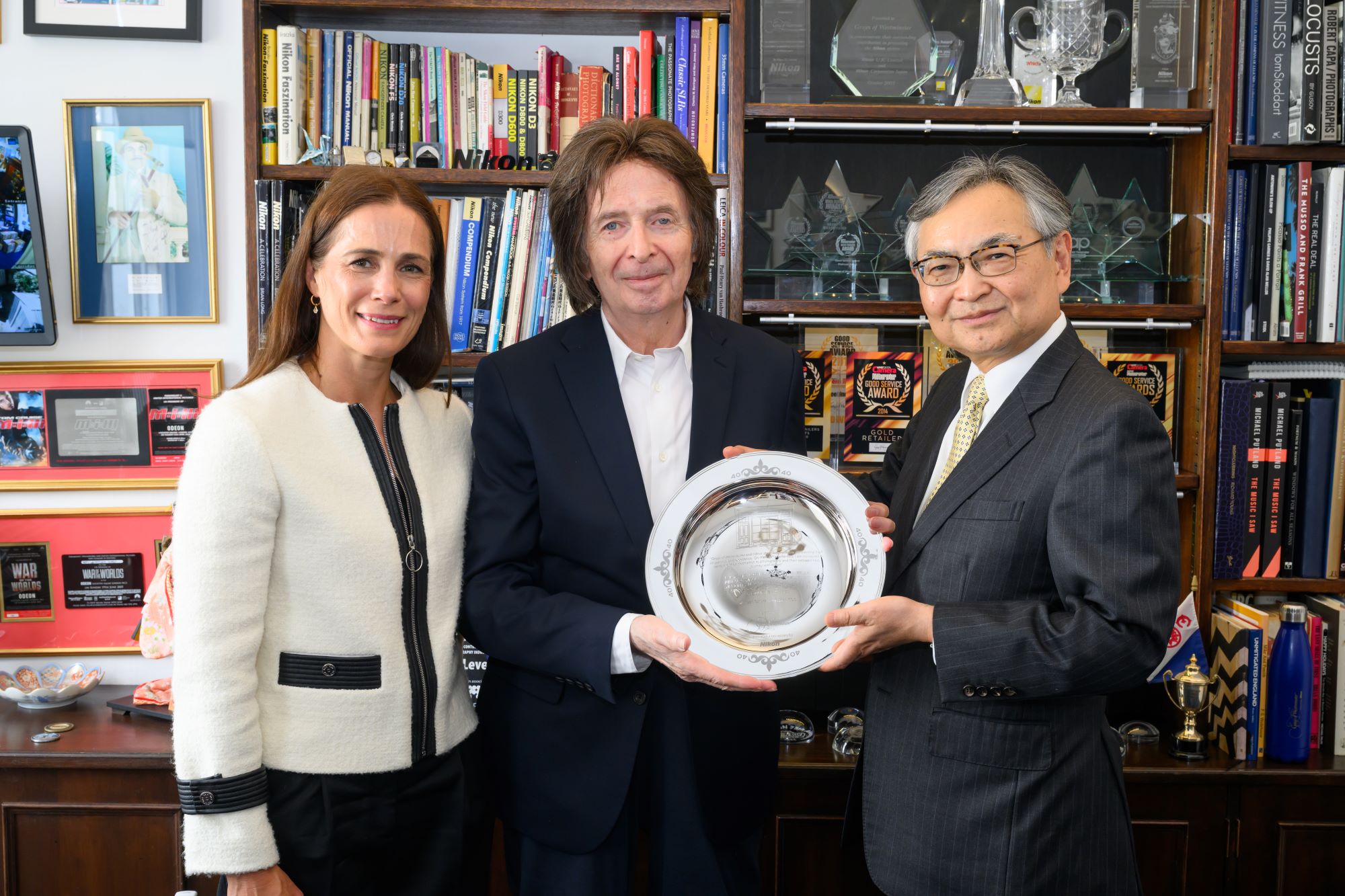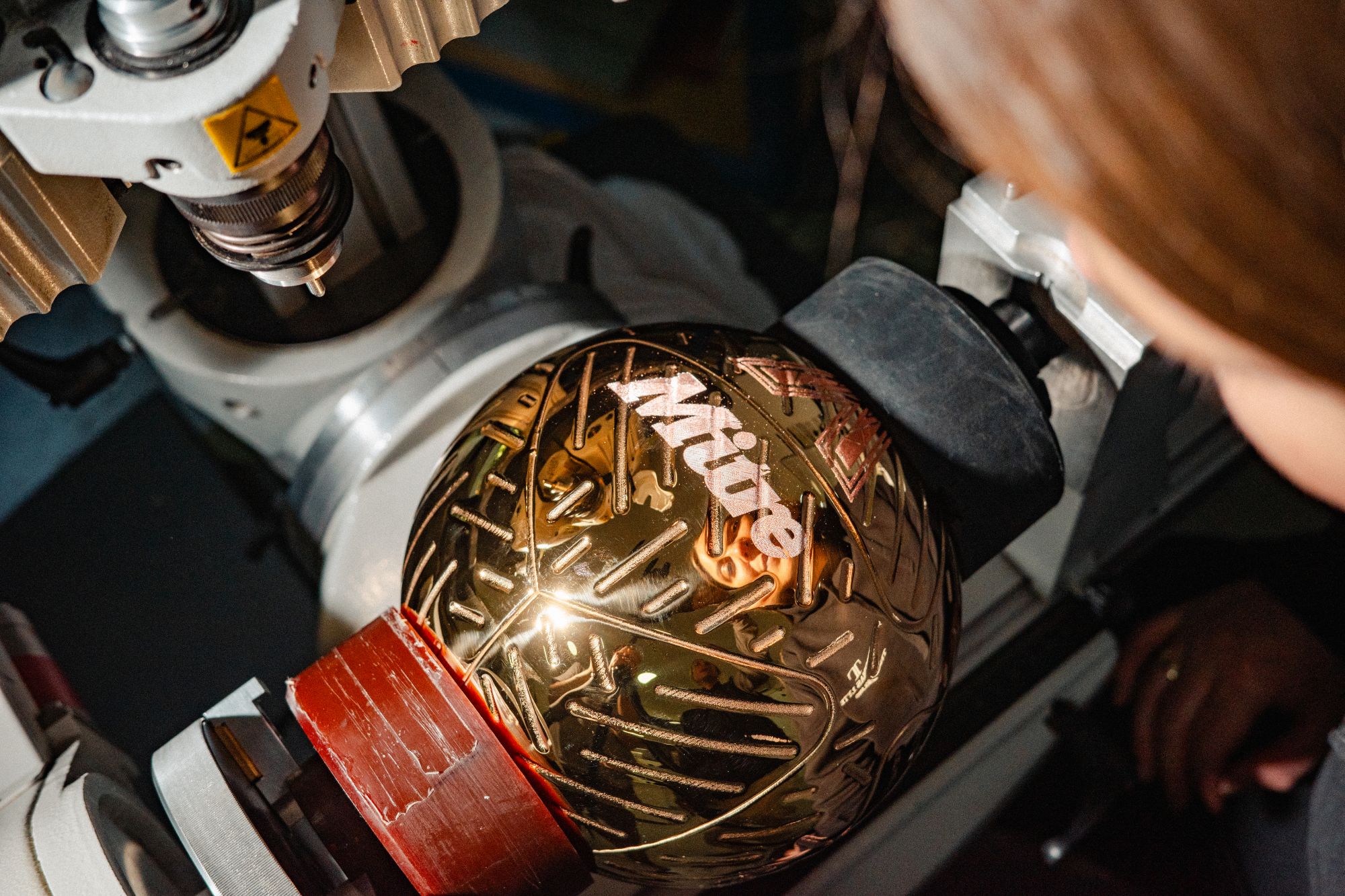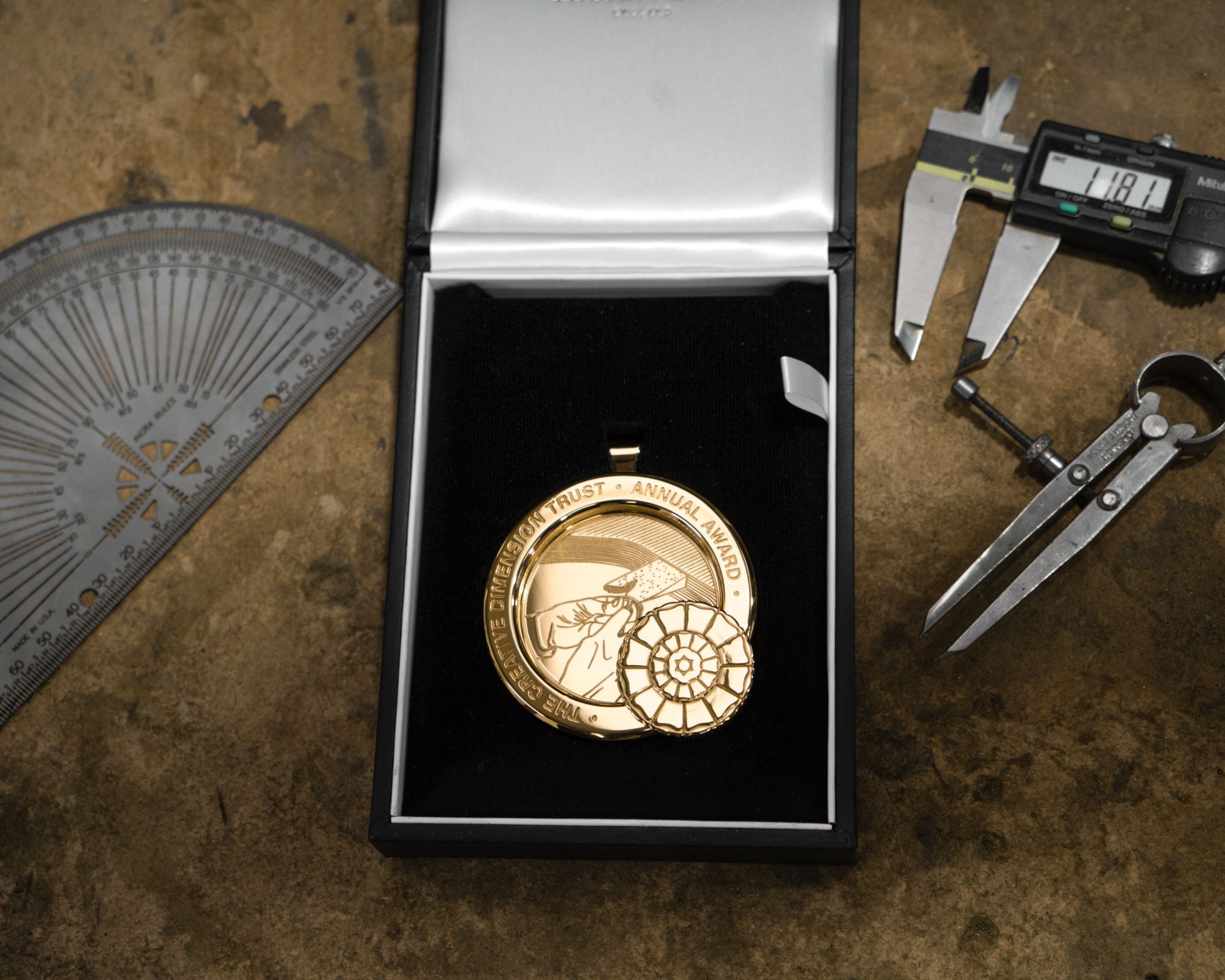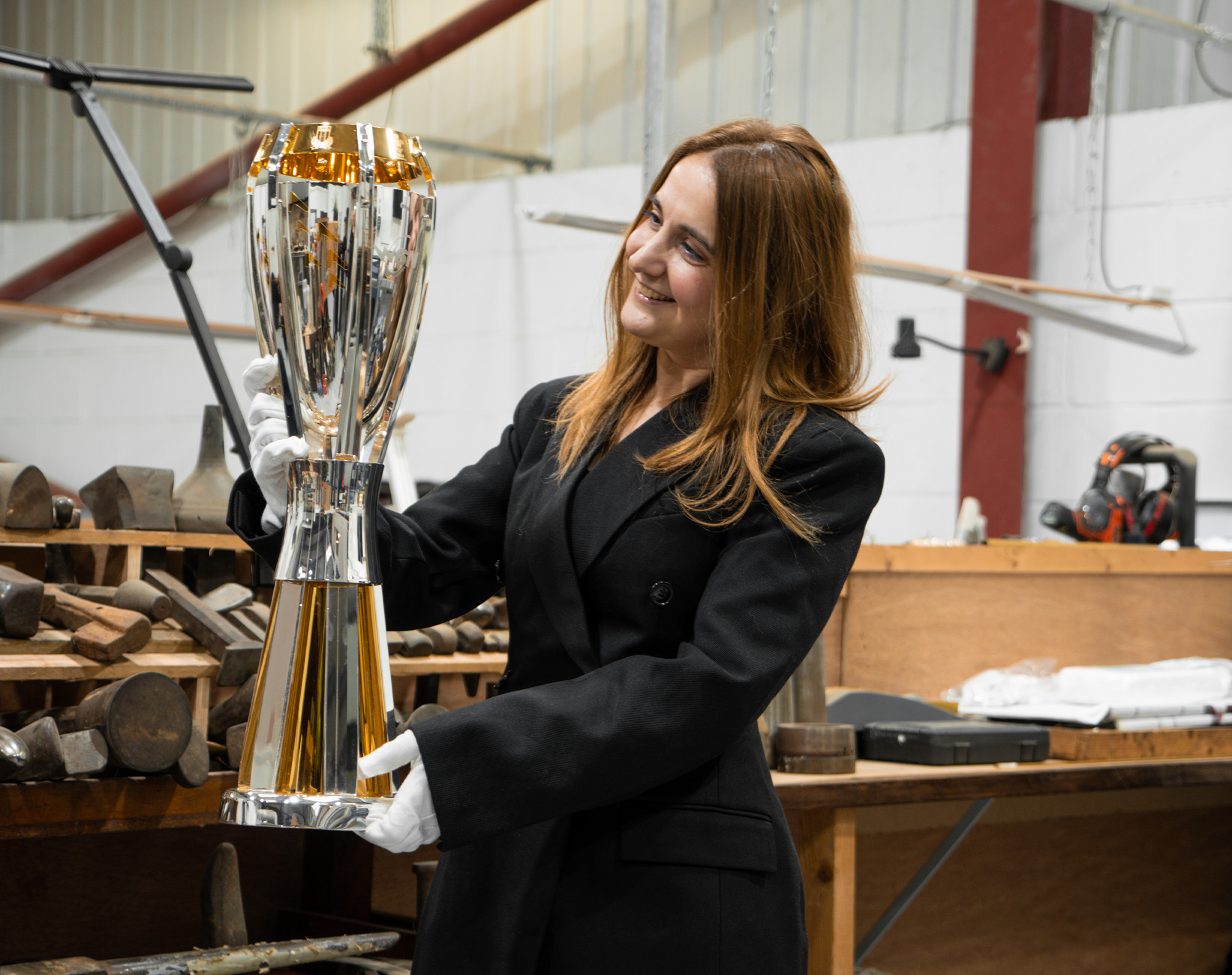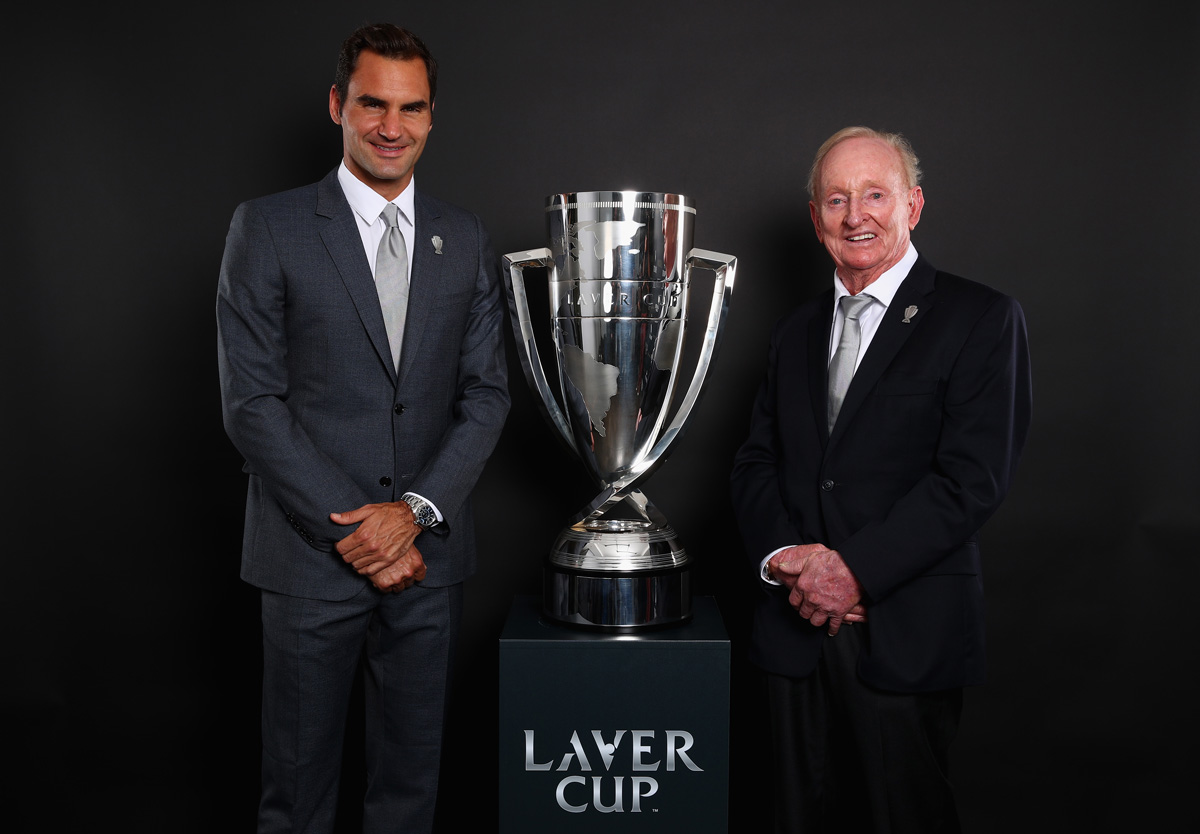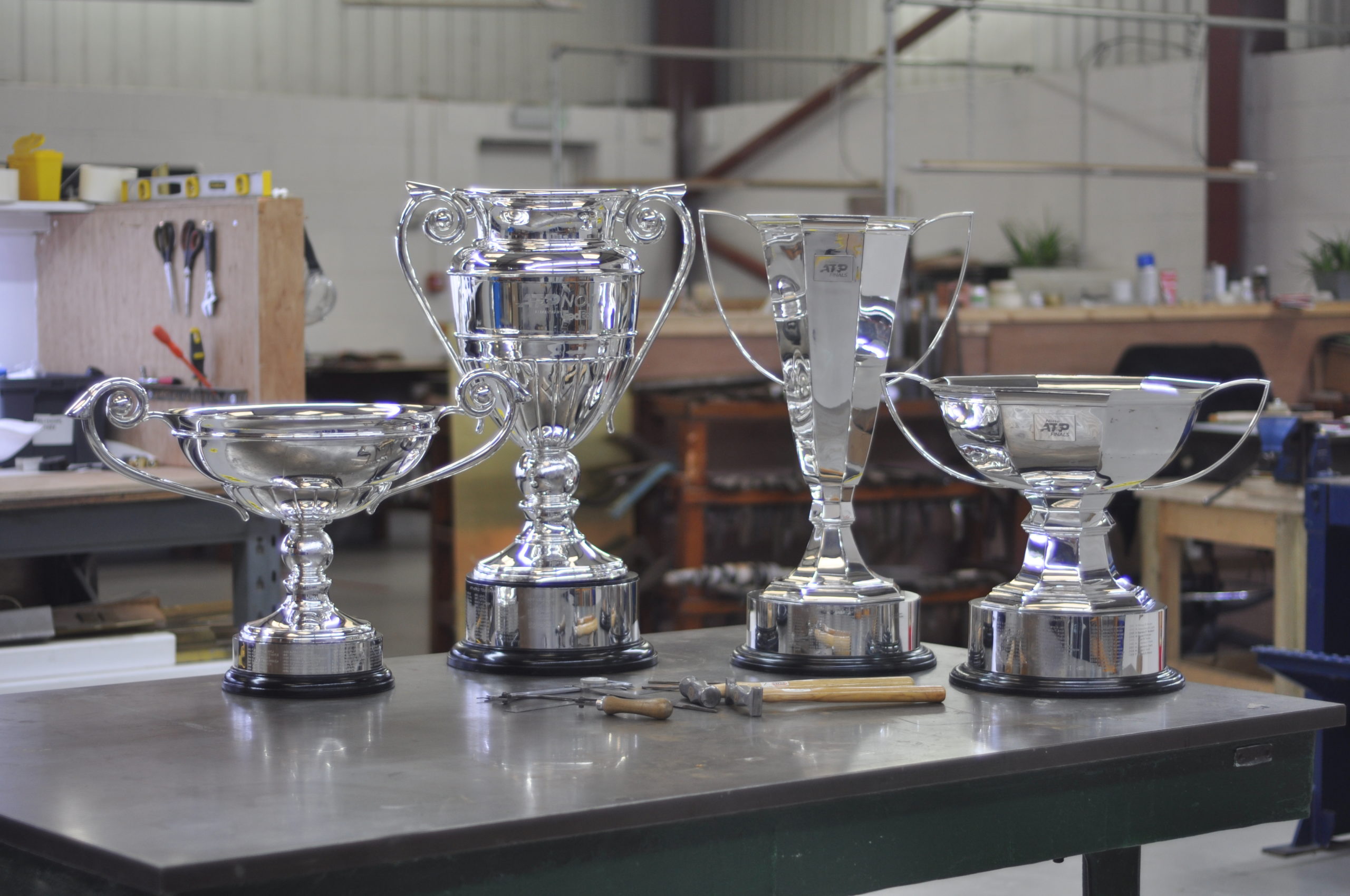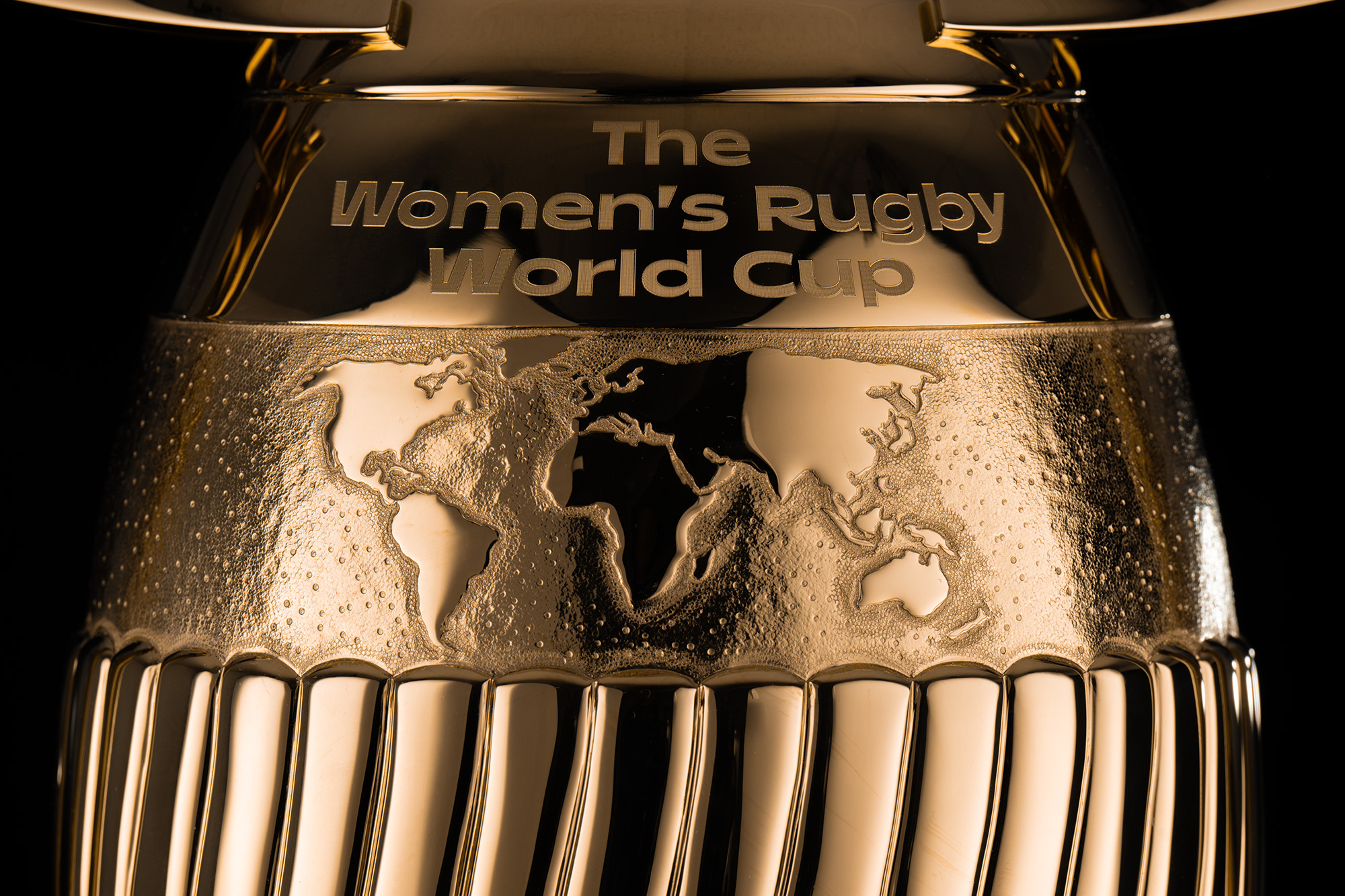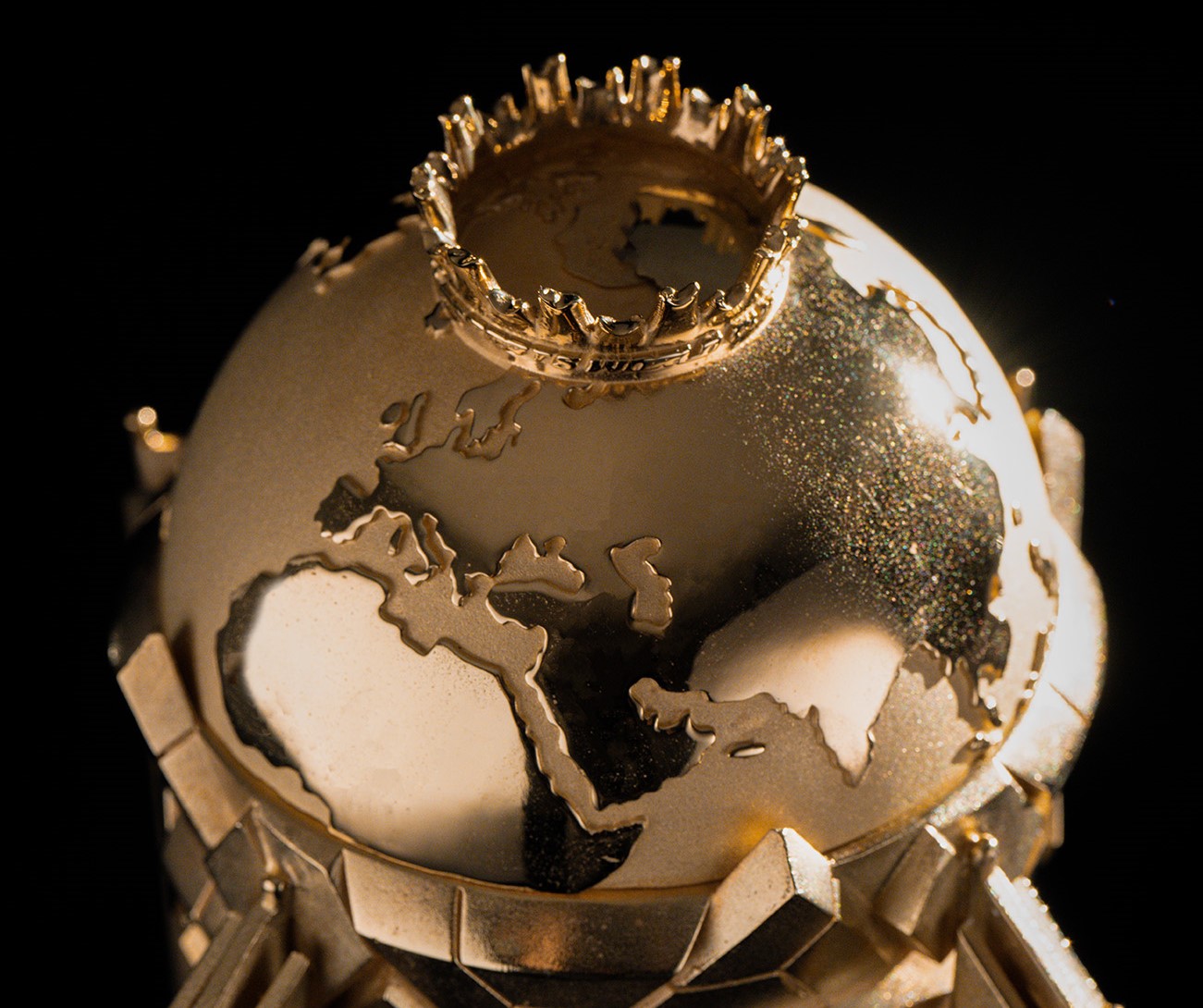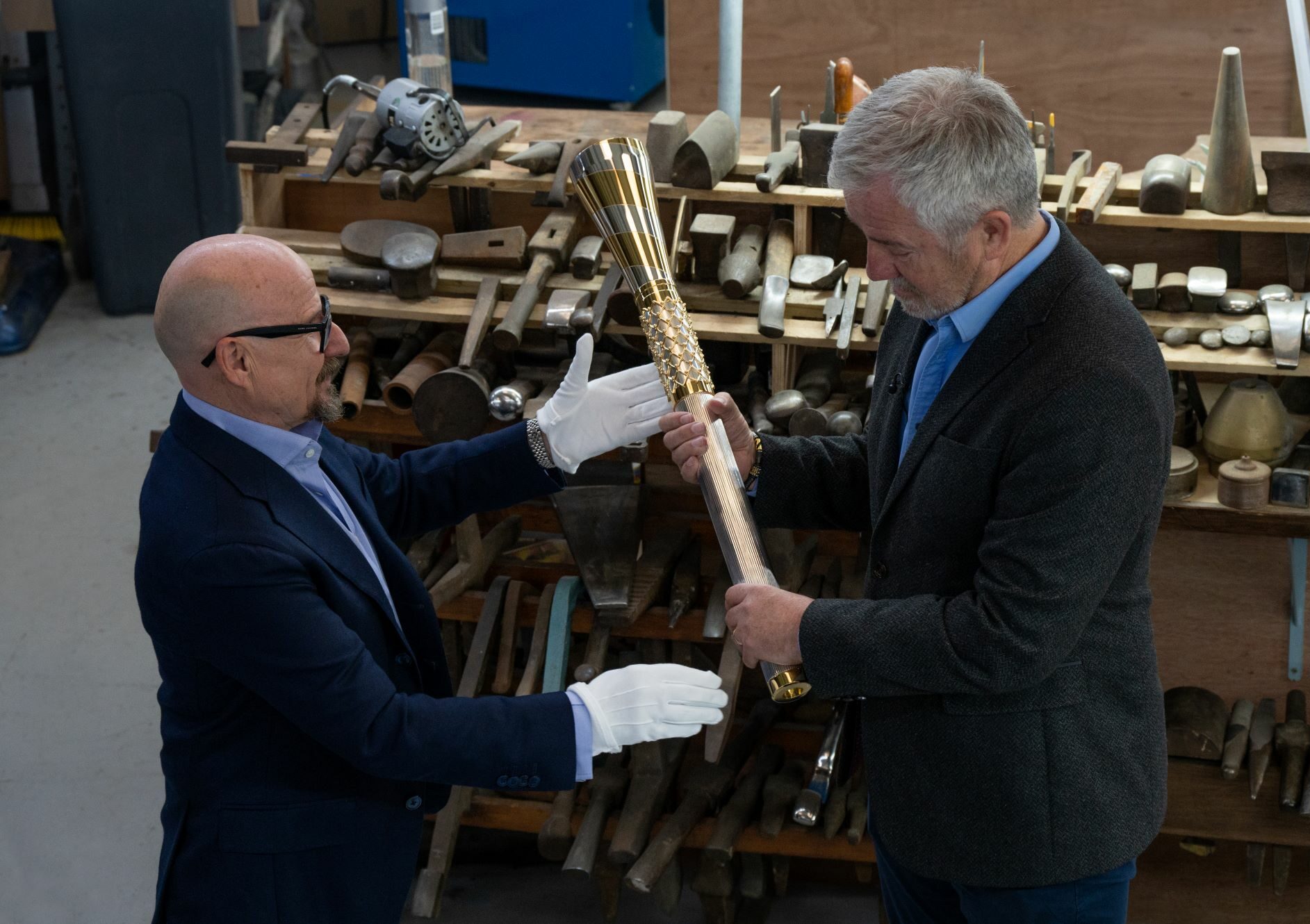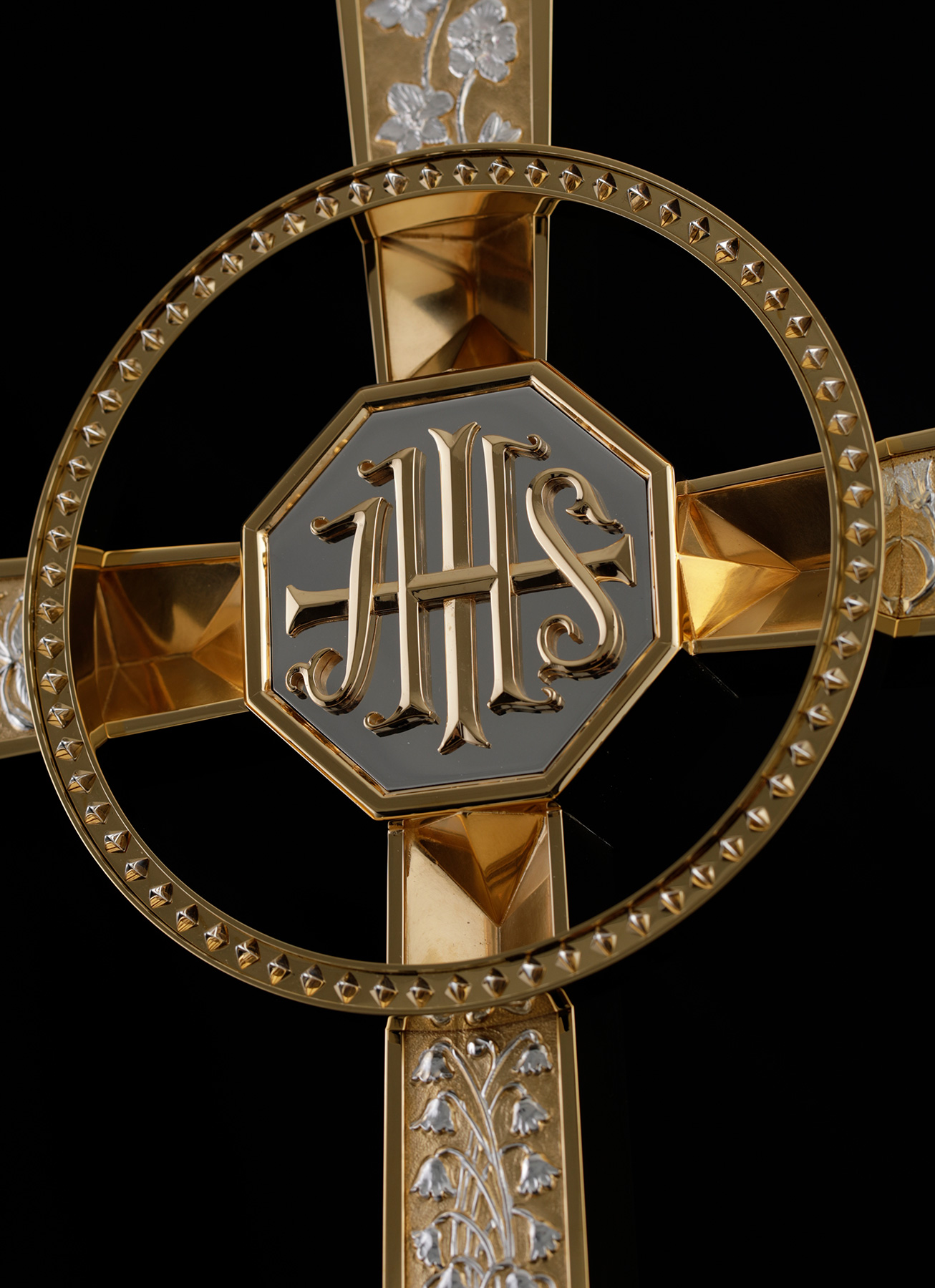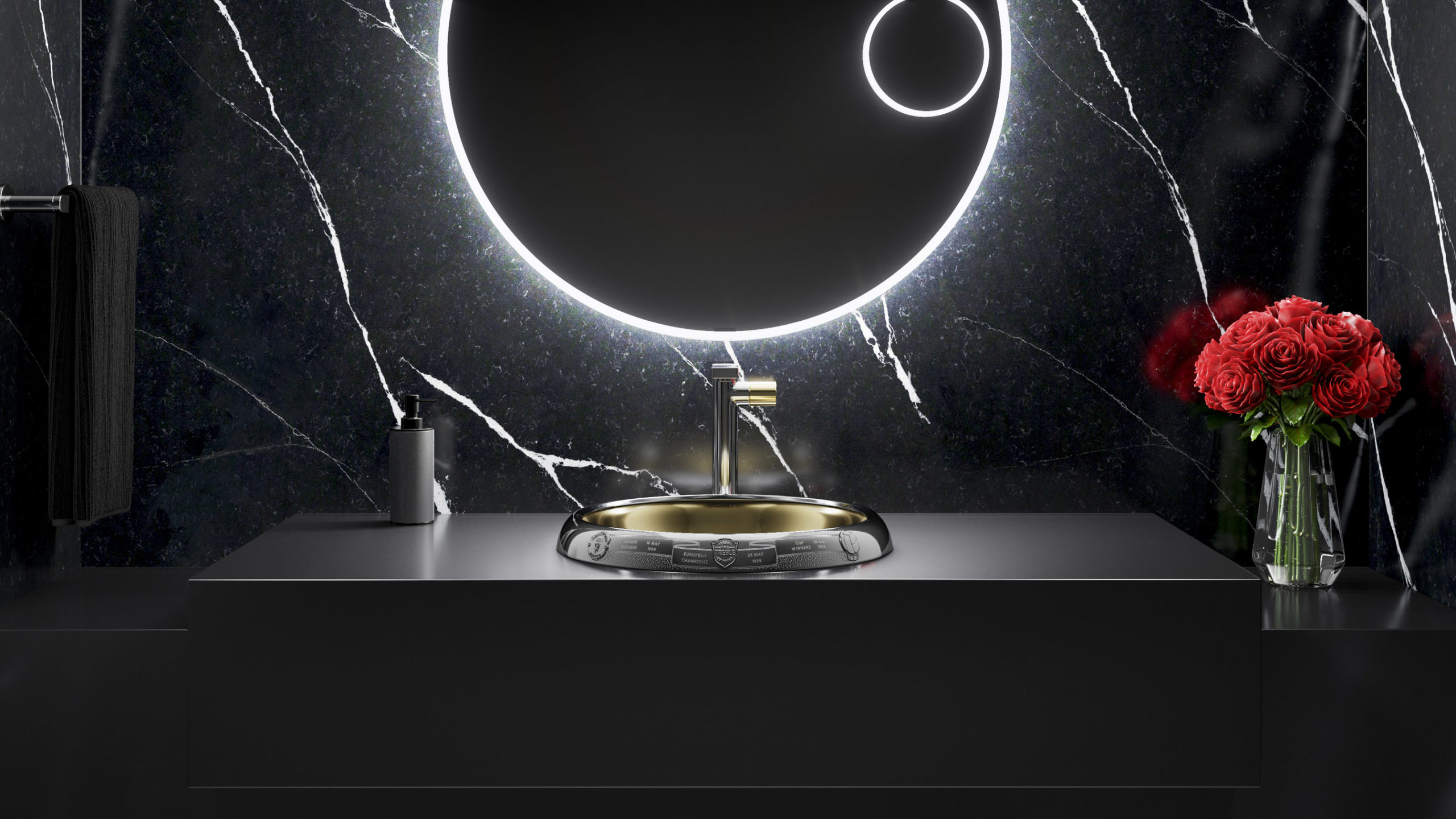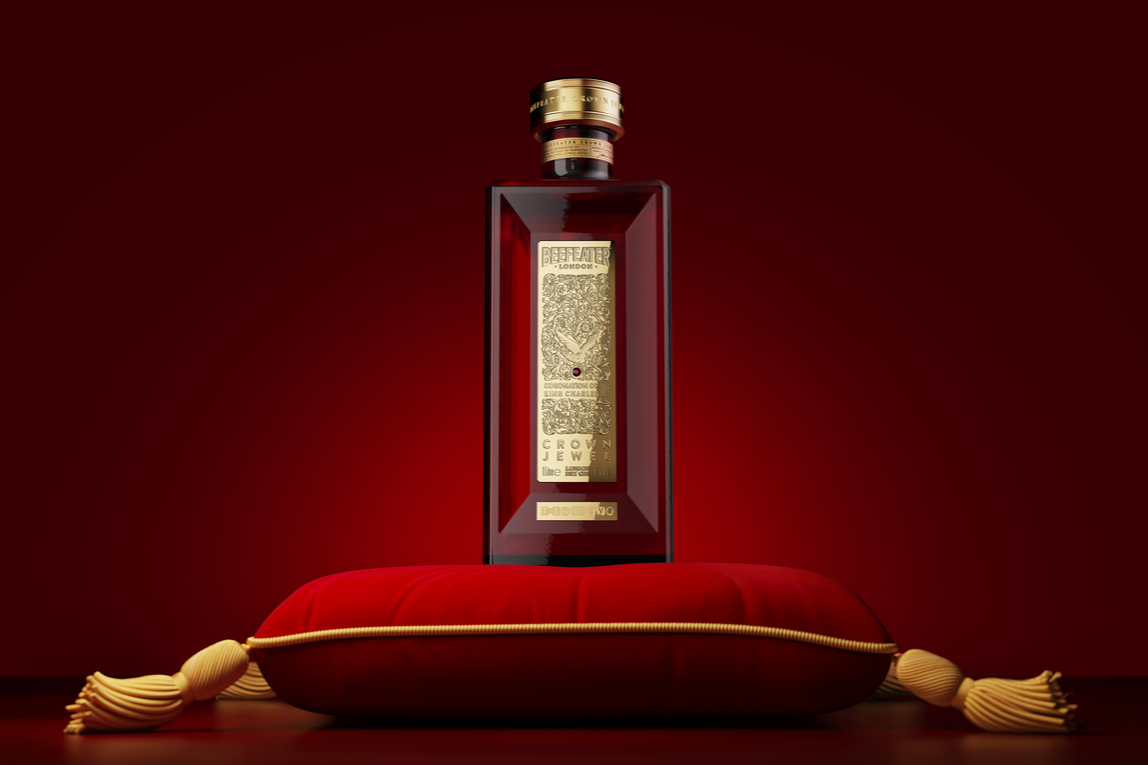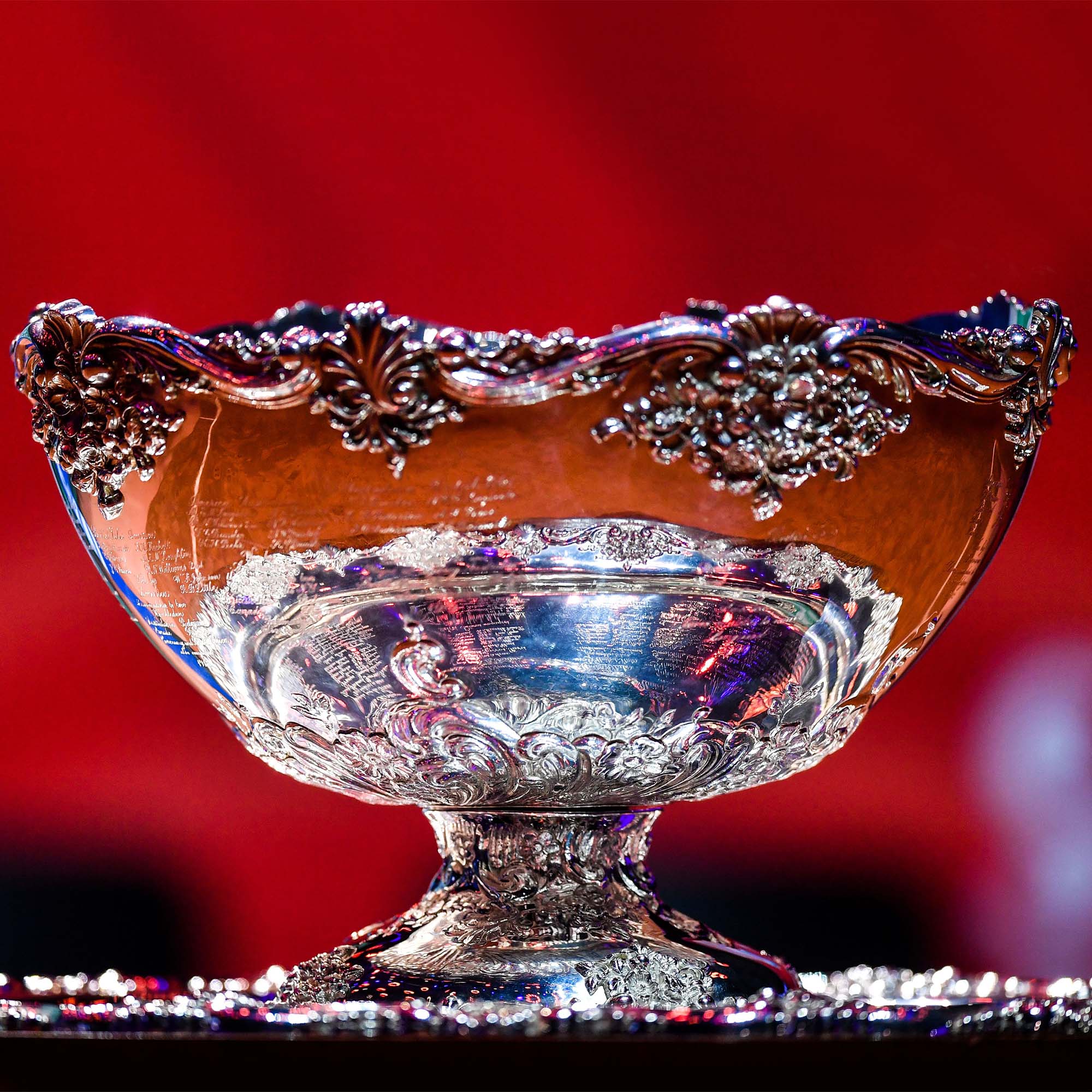Thomas Lyte are honoured to be the Restorers of The Davis Cup. There are few more prestigious trophies in global sport than the Davis Cup – the prize on offer in the annual showdown between the world’s best tennis nations. First played in 1900, the Davis Cup has been a staple of a tennis calendar for well over a century, with some of the best known players in tennis history having lifted the trophy.
Thomas Lyte, a Royal Warrant Holder as goldsmiths and silversmiths to His Majesty the King, have a long association with the International Tennis Federation (ITF), having developed a close relationship with the sport’s governing body over a prolonged period. We’re, therefore, proud to be the official restorers of a trophy for a competition that holds the distinction of being the only team tournament across all sports competed for for over a century.
The trophy itself is a thing of wonder. Originally manufactured for a price of £700, today’s Davis Cup is a truly monumental piece of silverware. Made from 217 ounces of silver and standing at 13 inches tall with a diameter of 18 inches, the Davis Cup sits on top of three plinths which have a magisterial quality of their own.
“Our work with the Davis Cup is a source of enduring pride to Thomas Lyte,” says Kevin Baker, Thomas Lyte’s CEO and founder. “This magnificent trophy always creates a buzz of excitement, whether that’s on-court and when it returns to our warehouse during one of its many visits back to London.”
When it does arrive at our workshop, it carries a grandeur almost unique to any other trophy in sport, with its three plinths arriving in their own travel cases having been separated for the journey. We then set to work to ensure that when the Davis Cup sets off to its next location, it looks as pristine as it did at the turn of the last century, when the trophy was presented for the first time for the USA in Boston all those years ago.
As part of our partnership with the ITF, Thomas Lyte also produces miniature replicas of the trophy as well as the medals for those team members lucky enough to lift one of the sport’s most highly-prized titles.
How we restore the Davis Cup
Like the greats of the game who spend most of their life on the road, the Davis Cup spends most of its year on tour. As one of the world’s oldest continuous trophies, it’s in demand and it’s enormity ensures that, like a Roger Federer forehand, it always delivers in whichever setting it finds itself in.
Our elite team of Master Craftsmen, are accustomed to seeing the famous old trophy with its fair share of scratches and dents and, much like our work with some of the world’s other instantly recognisable trophies, we’re always on hand to utilise centuries’ old skills to restore it to its original state.
At times this is no easy task but a trophy that would now cost in excess of £200,000 to produce never leaves our London workshop without having had the most rigorous inspection imaginable from our in-house quality control team.
The work required to restore the Davis Cup involves specialists across all of Thomas Lyte’s departments, from our goldsmiths and silversmiths to our engravers and polishers, all of whom play a key role in getting this tennis legend back on its feet and ready to tackle whatever it’s served with next.
The History of the Davis Cup
Originally the idea of four members of Havard University’s tennis club, who wanted to set up a challenge match against a team from Great Britain, the Davis Cup has since developed into the one of the biggest team events in world sport. The trophy is named after Dwight F. Davis, one of the founding quartet, who ordered the sterling silver trophy from Boston-based Shreve, Crump & Low at a cost of $1000.
The USA won the Cup the first time it was played for at Longwood Cricket Club and despite some brief periods of hiatus in the intervening years, the event has been pencilled into all tennis lovers’ calendars as soon as the annual schedule is published, ever since.
The Davis Cup is now split into six global groups, with as many as 142 nations now taking apart in a competition which continues to grow in size and stature year-on-year.
Other Thomas Lyte elite tennis trophies…
Thomas Lyte’s has enduring links with tennis, and is responsible for designing, making and restoring some of the sport’s most prestigious and well-known trophies, including restoring the Billie Jean King Cup – the female equivalent of the Davis Cup – and designing and making the Nitto ATP Finals Single Trophy and the ATP World No.1 Singles Trophy.
![baton of hope mike mccarthy recieves baton from Thomas Lyte]() A Symbol of Hope for the UK
A Symbol of Hope for the UK![Designers Makers Of The Queen Elizabeth II Platinum Jubilee Processional Cross 3 1306x1800]() Culture Round-Up: 2022 and the Queen Elizabeth II Processional Cross
Culture Round-Up: 2022 and the Queen Elizabeth II Processional Cross